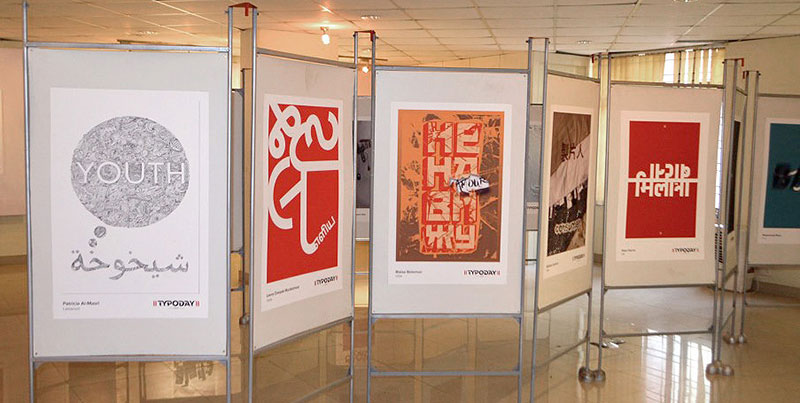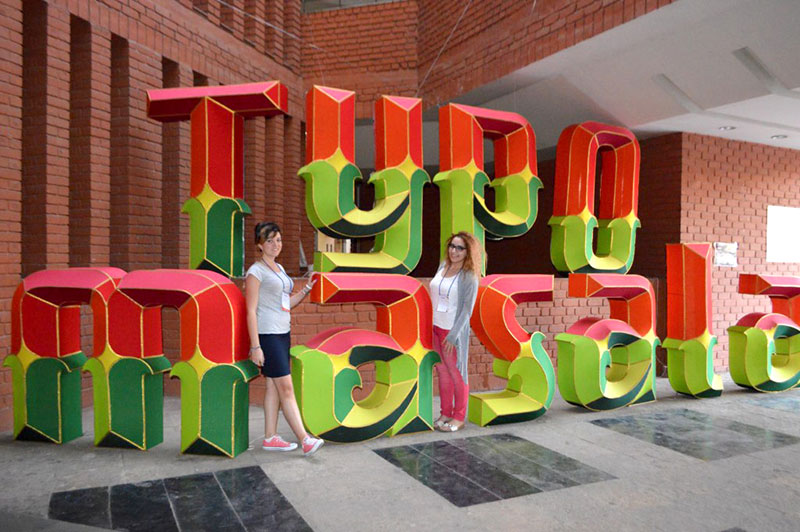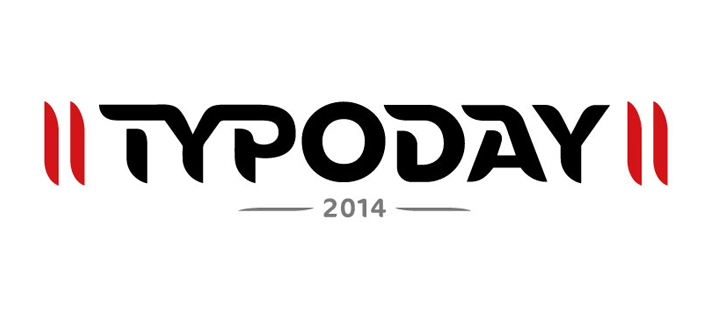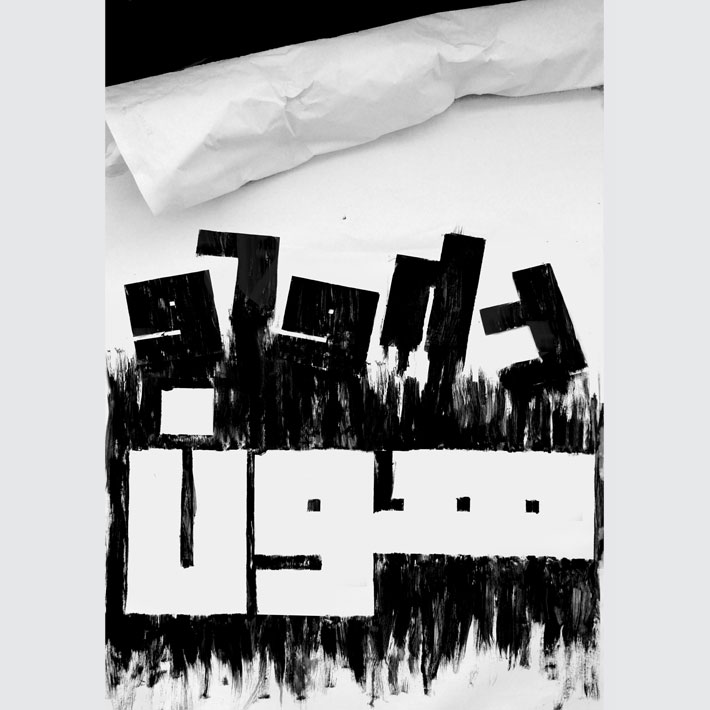Poster Competition Win Sends LAU Students to India
Two LAU graphic design students who submitted posters to the Typoday international design competition in February and March were among 18 finalists selected from over 370 entries.
“I’m very proud,” says prof Melissa Khoury, who encouraged students of her Advanced Typography course to enter the competition.
“The students were going to design a bilingual poster as part of the course, and so this competition came at the perfect time,” Khoury said said.
Khoury’s guidance and support were instrumental in the wins, say Melissa ElHajj and Patricia Masri, the students who traveled to India as finalists.
“She motivates me,” says Masri of Khoury. “She gives her opinion and helps us improve what we have while still allowing us to lead our own design process,” she said.
ElHajj agrees. “Ms. Melissa’s critique and opinion were very important. We don’t usually submit to competitions but she encouraged us to,” she said.
Khoury believes that such opportunities not only spark a competitive drive within the design department but also “give students exposure and recognition beyond the classroom.”
That is why the university contributed to travel and accommodation costs, allowing the students to join their fellow finalists in exhibiting their designs, and attend seminars and workshops hosted by Typoday.
“It was indescribable,” said ElHajj. “We met people, students, professionals and professors, from so many different countries. We saw in India how passionate they are despite having so little to work with,” she added.
The evident cultural awakening the students experienced in India does not surprise Khoury. “Travel and cultural interaction are not just important, they are essential. Whenever a student travels outside the country I see a drastic change in them. Such experiences are so eye opening,” she said.
Masri, who wants to specialize in typography after graduating, was elated to have had the opportunity to share ideas about design and social impact with fellow designers in India. “I started to see how each country had its own style. In Lebanon, our issues of choice usually revolve around peace and war and immigration.”
In her winning poster, ElHajj expressed concern about Lebanese immigration leading to a loss of identity by contrasting the word “there” with the Arabic word for “here.”
Masri’s winning entry juxtaposes the word ‘youth’ in English with the Arabic word for “old age.”
“I illustrated ‘youth’ surrounded by doodles representing life experiences, but ‘old age’ is filled with those doodles, because life experiences are what shape us,” Masri said.
Both students feel strongly that their unique experience in India has shaped them as designers. “You don’t see a lot of passion about graphic design in Lebanon,” says ElHajj. “They try to mimic everything from the outside; but in India they say they know how important their country is and they want to showcase it.”



